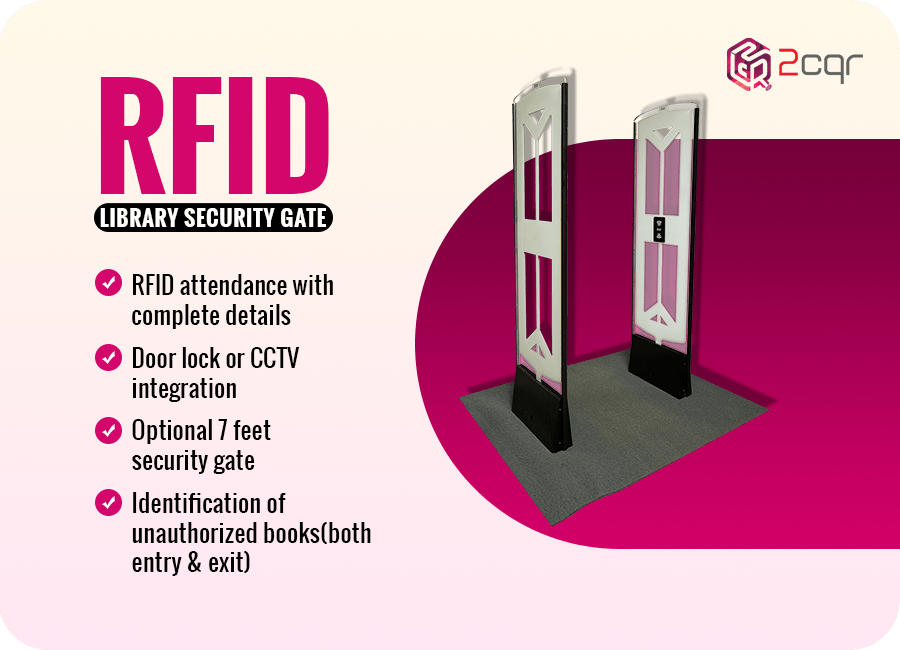
RFID technology in library has revolutionised library management, streamlining operations and enhancing the user experience.
However, the successful implementation of RFID in libraries relies not only on understanding requirements and budget planning but also on training the staff in various aspects.
In this article, we will explore the probable challenges faced by library staff with RFID technology and provide effective strategies to overcome them, ensuring a seamless transition and improved user experience.
Not Having Enough Knowledge on Technology:
One of the major challenges for library staff during the library automation process is gaining sufficient knowledge about RFID technology.
This includes understanding the functionality of RFID readers, tag detection, self-service kiosks, and troubleshooting error readings, intelligent shelving, and attending to security alerts.
Solutions:
- Conduct regular training sessions to educate staff on the functionality of RFID technology.
- Connect with RFID suppliers to stay updated on the latest advancements in the industry and discuss technical problems or concerns.
Attending User Issues:
Another significant challenge for librarians is attending to user issues related to RFID technology. This includes responding to unresponsive tags, identifying misplaced inventory, addressing scanning issues at self-service kiosks, and dealing with false alarms of security issues that impact the user experience.
Solutions:
- Establish a dedicated help desk or support team to assist users with RFID-related issues.
- Develop a comprehensive troubleshooting guide or knowledge base for staff to refer to when encountering common problems.
- Encourage staff to document and share their experiences with frequently repeating issues to facilitate knowledge sharing and problem-solving.
Educate Patrons on RFID Technology:
Training staff is not enough; educating patrons on how to use RFID technology is crucial for embracing an enhanced user experience.
However, the challenge lies in sharing knowledge with patrons who may be reluctant to learn, which can consume the librarian’s time and affect the experience of other users.
Solutions:
- Arrange patron-training sessions to provide an overview of how to use RFID technology.
- Communicate common issues patrons may face based on past experiences.
- Provide clear guidance on how to deal with issues, whom to approach, and where to report problems.
Lack of Communication Skills:
In addition to technical knowledge, strong communication skills are vital for library staff to effectively interact with users, understand their issues, and provide solutions.
However, communicating technology-related issues may not come naturally to everyone, even with strong communication skills.
Solutions:
- Conduct trainings specifically focused on RFID communication skills.
- Provide comprehensive customer service training, emphasizing handling difficult customers with empathy and patience.
- Foster a culture of continuous improvement by recognizing and rewarding staff members who excel in customer service and user assistance.
Conclusion:
Overcoming the challenges associated with RFID technology in libraries requires a strategic approach that addresses staff training and user assistance. By providing training, establishing support systems, educating patrons, and improving communication skills, libraries can enhance the user experience and ensure a seamless integration of RFID technology. With the right strategies in place, RFID technology becomes a powerful tool for efficient library management and improved user satisfaction.


